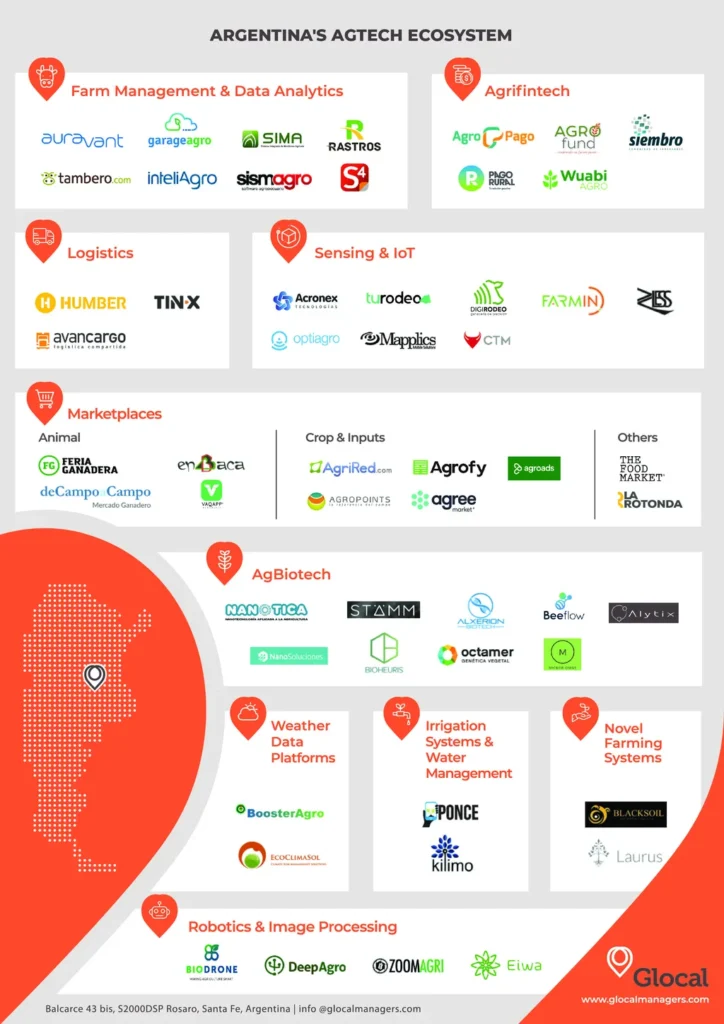In the heart of Argentina’s burgeoning agritech scene, a quiet revolution is taking place. A recent study published in ‘Bio-based and Applied Economics’ and led by Pablo Mac Clay of Universidad Austral, has shed light on the potential of digital agriculture start-ups to reshape market dynamics in the ag-input industry. The research, which analyzed 114 digital agriculture (DA) start-ups, offers a nuanced perspective on the evolving landscape of agricultural innovation.
The study reveals that while these start-ups are introducing innovative solutions, they are largely complementary to existing technological packages rather than being disruptive. “Most DA innovations tend to be incremental, enhancing current practices rather than overturning them,” explains Mac Clay. This finding suggests that, for now, these start-ups may not pose a significant threat to the market dominance of large multinational agricultural input firms.
However, the implications for the agriculture sector are profound. The study highlights that these start-ups are introducing a wave of innovation that could enhance productivity and environmental sustainability. “They are bringing in new ideas and approaches that could potentially make agriculture more efficient and sustainable,” says Mac Clay.
The research also underscores the importance of understanding the intersection of innovation and market structures. By doing so, it provides valuable insights into the evolving industrial dynamics of ag-input markets. This understanding could be crucial for start-ups, incumbents, and policymakers as they navigate the future of agricultural innovation.
The study’s findings suggest that while digital agriculture start-ups may not be disrupting the market yet, their potential to do so in the future cannot be ignored. As these start-ups continue to innovate and grow, they could challenge the status quo and reshape the agricultural input market.
Moreover, the research could shape future developments in the field by encouraging a more nuanced understanding of innovation and market dynamics. It could also spur further research into how start-ups can be supported to maximize their potential impact.
In the end, the study serves as a reminder that the future of agriculture is not just about big players, but also about the innovative start-ups that are quietly reshaping the industry. As Mac Clay puts it, “The future of agriculture lies in the hands of those who are willing to innovate and challenge the status quo.”

